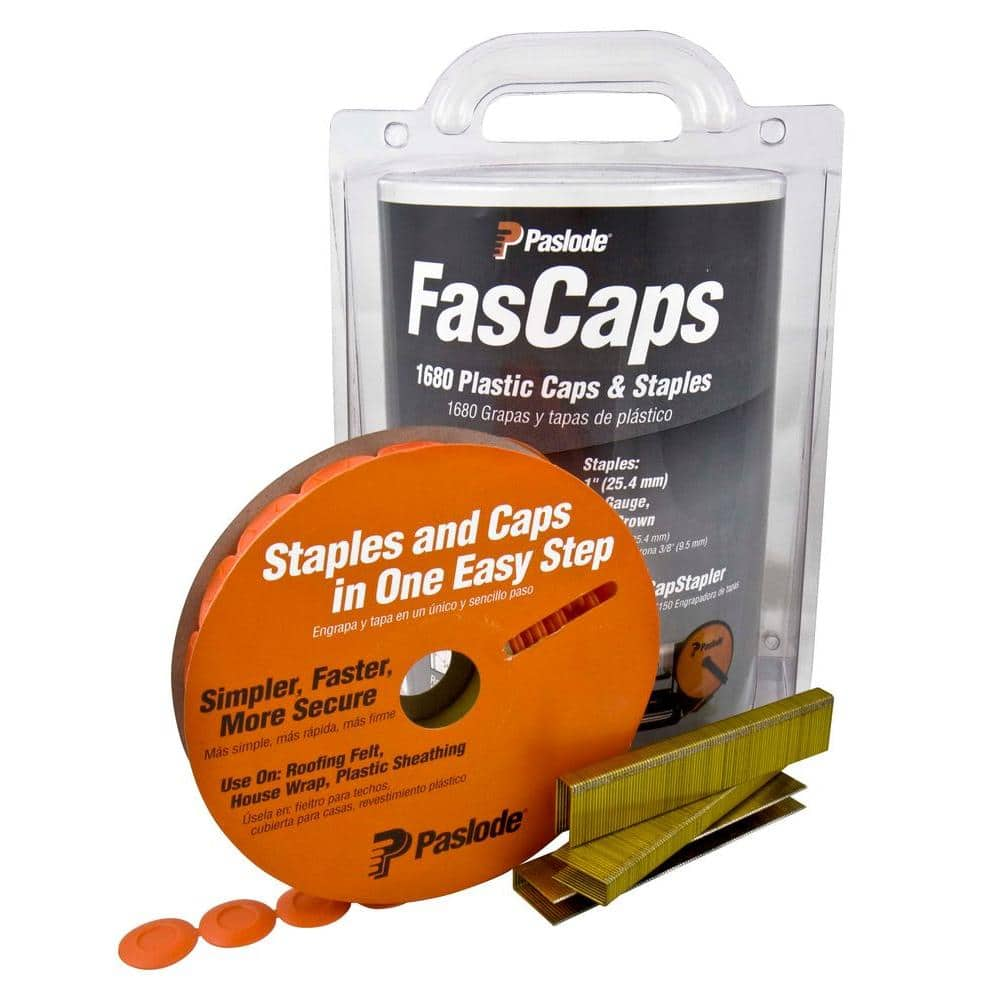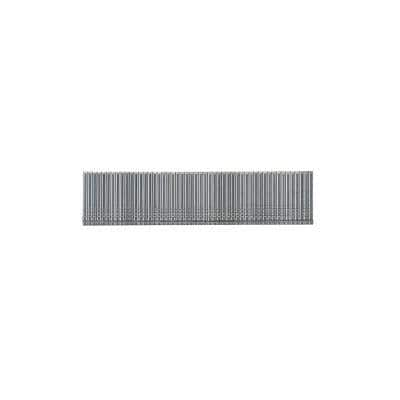Brad Nail vs. Finishing Nail

Last updated September 5, 2024
Seeing the differences between a brad nail vs. finish nail vs. pin nail isn't always easy. Most of these types of nails are often made from 15- to 23-gauge wire. (The higher the gauge, the thinner the nail.) All of them are finishing nails and are basically the same except for use and size. Use this guide to learn more about brad nails and finish nails, including the right uses for each type.
Table of Contents
Types of Finishing Nails
What Are Brad Nails?
What Are Finish Nails?
What Are Pin Nails?
Brad Nails vs. Finish Nails vs. Pin Nails
Brad Nailers vs. Finish Nailers
Types of Finishing Nails

Brad, finish and pin nails are all used to add the finishing touches to woodworking projects. They come in collated finishing nail strips for nail guns, or you can get brads and finish nails individually. Each nail type comes in several finishes including coated, electro-galvanized, bright and galvanized. Choose the material that best suits your project, based on your exterior or interior durability needs.
What Are Brad Nails?

Brad nails, or brads, are made of 18-gauge wire and are 1/2-inch to 2-inches long. Comparing brad nail vs. finishing nail sizes, brads are smaller in diameter and have a smaller head. Brad nails provide a clean finish in various woodworking projects. They work best on thinner cuts of lumber such as fiberboard and plywood. Brad nails also have more holding power than pin nails. The small diameter of brads means that your moulding and trim work will show less of a hole and might not need wood filler before painting. Also, they’re less prone to splitting thinner pieces of wood than 15- to 16-gauge finishing nails.
What Are Finish Nails?

Finish nails, also called finishing nails, are generally made of 15- or 16-gauge wire and are 1-inch to 3 1/2-inches long. The main brad nail vs. finishing nail difference is the thickness. Finishing nails are bigger in diameter than brad nails. They work best in thicker material but can leave holes that need to be filled. Their thickness creates a stronger hold, and they are often angled to work better in tight spaces. Some finish nails are available with coatings for weather-resistant or exterior use.
What Are Pin Nails?

Pin nails are 23-gauge headless pins that range from 1/2 inch to 2 inches in length. Thin and delicate fasteners, pin nails are used for precise work. Typically, they’re used to tack two pieces of wood together until the glue dries. Pin nails are virtually invisible and have a straight shank. They can hold without causing damage and you don't have to fill any holes they make.
Brad Nails vs. Finish Nails vs. Pin Nails

Whether you choose a brad nail vs. finishing nail vs. pin nail depends on your project and the type of wood you’re using.
Brad nails:
- Good for thin or narrow pieces of wood
- Decorative trim, picture frame, paneling, shoe and quarter-round moulding
- Primarily interior use
- Slim profile reduces wood splitting
Finish nails:
- Works best for thicker wood and heftier projects such as stair treads, crown moulding, window and door casing
- Good for installing doors and windows, providing good holding strength while being easy to cover
- Creates small holes that are easily filled
- Used for interior and exterior trim
- Great for oak and other hard woods
Pin nails:
- Headless nails that are almost invisible
- These are too thin to drive with a hammer, so you will need a pin nail gun
- Best for thin decorative moldings, delicate trim, intricate or tiny pieces or thin veneers
- Softer woods, upholstery or cabinetry
Brad Nailers vs. Finish Nailers

Both brad nailers and finish nailers are available in pneumatic, cordless and electric models. Easily drive each type of nail into a material by selecting the best nailer for the project:
Finish nailers are bigger, heavier and more powerful. They are specially designed to hold the longer, thicker 16-, 15- and sometimes 14-gauge finishing nails. These require extra force to drive them into materials. Use finish nailers for projects with thick materials and heavy-duty, finishing touches like installing baseboards, building stairs or assembling cabinets.
Brad nailers are best for light-duty projects or for delicate materials. Brad nails bend easily because of their high gauge. Brad nailers are designed to hold hundreds of brad nails. They drive brad nails into materials gently. Use a brad nailer for crafts like birdhouses, projects using softwoods or when you need a temporary fastener while glue dries.
Choosing whether a brad nail vs. a finishing nail is the best choice depends on your project and what you're using these fasteners for. Go with finish nails for thick wood and brads for thinner wood. Finish nails are stronger than brads and offer more support. Select them for larger woodwork such as crown moulding. Pin nails are ideal for decorative moldings. If you're looking for the right finishing nails, nail guns or other tools for your next woodworking project, The Home Depot delivers online orders when and where you need them.


































